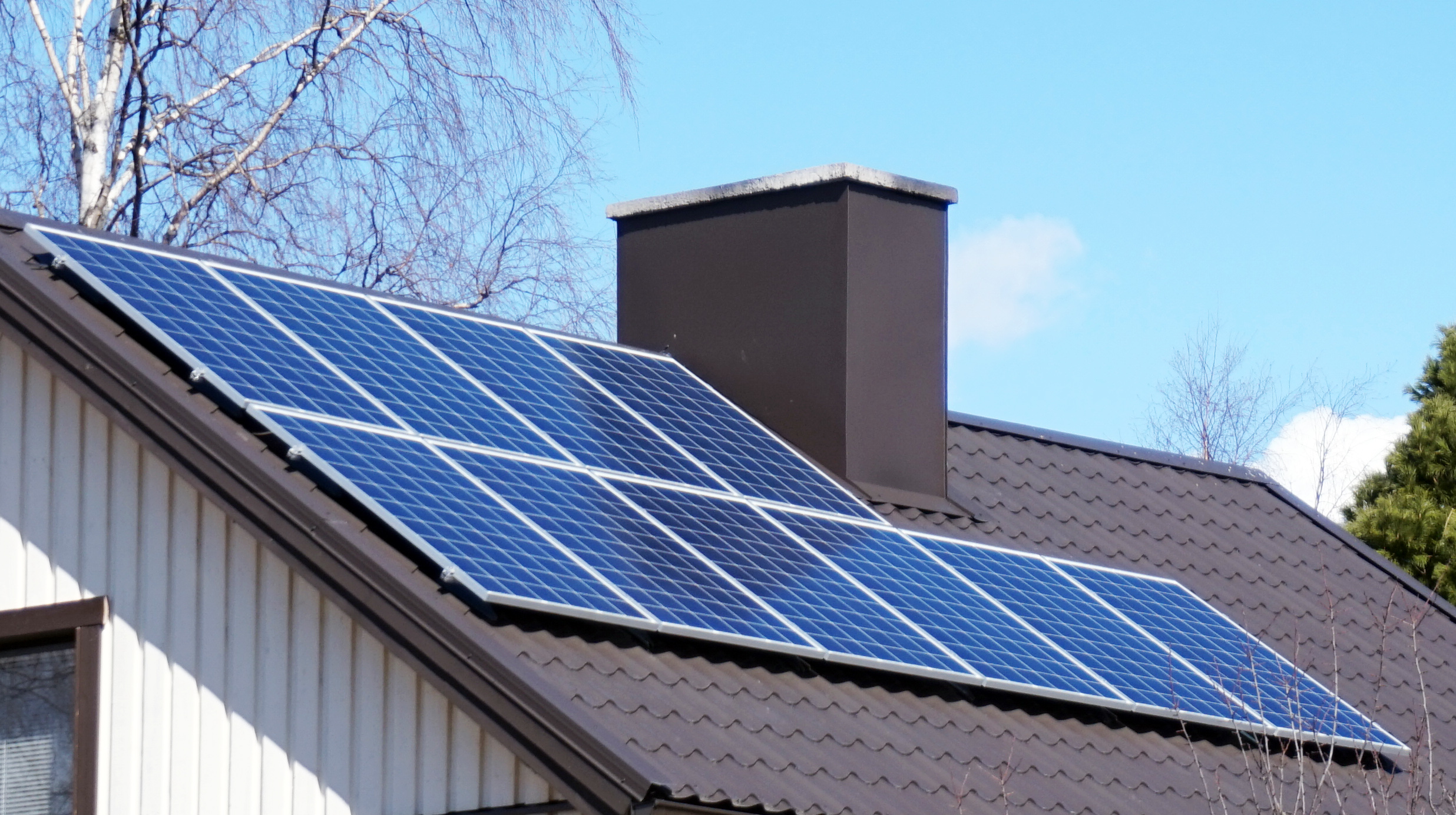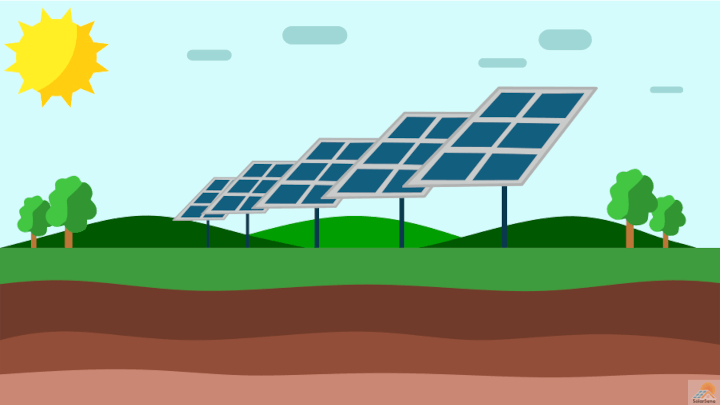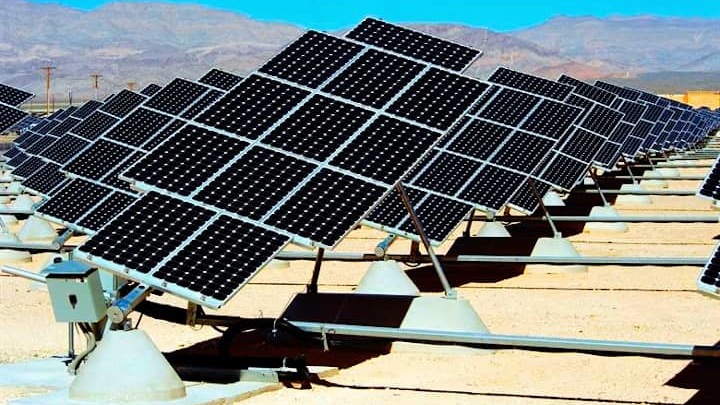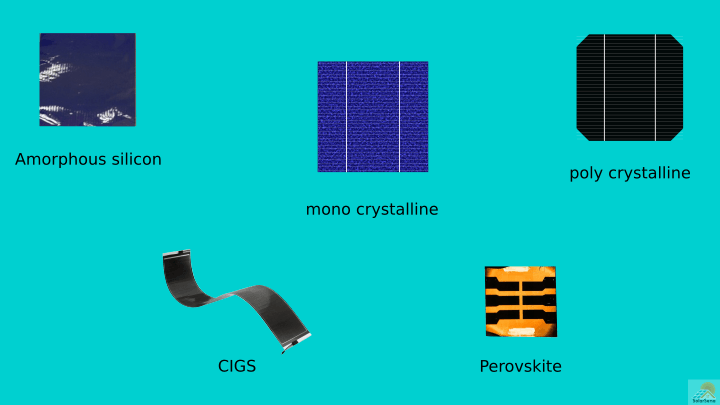Having solar panels on a metal roof could be a recipe for disaster, but unfortunately, rooftop solar panel installation has the highest efficiency rate for residential areas. Knowing the pros and cons of installing solar panels on a metal roof can help you decide if solar panels are right for you depending on the material of your roof. In this article, I share everything you need to know about installing solar panels on a metal roof.
Installing Solar Panels on a Metal Roof: Is It Possible?
Installing solar panels on a metal roof is possible. Metal roofs are known for their strength and durability. They make an excellent base for solar panels. However, not all metal roofs are compatible with solar panel installations. Some structures can not support the added weight of the boards. The reflectivity of specific metals can also affect the efficiency of solar panels.
Which Type Of Metal Roof Is Best For Solar Panels?
The best type of metal roof for solar panel installation is one with standing seams. These roofs have metal panels that are raised above their surface and connected by raised seams. The raised seams provide a space between the roof and solar panels for proper ventilation and thermal movement. This can be done on a pergola or gazebo as well as your home’s main roof!
Corrugated metal roofs are another suitable option. This type consists of wavy or ribbed metal sheets. They’re lightweight but strong, making them a good base for solar panel installation. Metal is a light, long-lasting roofing material. You can install solar panels on these roofs without punching holes through their protection.
Do Solar Panels Damage Metal Roofs?
If your solar panels are properly installed, they will not damage your metal roof. Improper installation or using the wrong type of mounting hardware can lead to leaks or other issues. It’s essential to ensure your solar panels are installed by a professional with experience installing them on metal roofs.
Regular maintenance is also important. You should keep the area around your solar panels clean and debris-free to maintain proper ventilation and prevent overheating.
Which Color Metal Roof Is Best For Solar Panels?
The color of a metal roof can affect the efficiency of the solar panels on it. Generally, a metal roof that’s light in color is considered the best option. White, silver, beige, light gray, and tan are good choices. These colors reflect more sunlight and tend to keep the surface temperature of a metal roof low. This can improve the performance of your solar panels.
Dark-colored metal roofs absorb more heat. Black and dark gray metal will increase the surface temperature of your roof if you live in a sunny area. However, a dark roof can be beneficial if your climate is colder. It can help prevent heat loss.
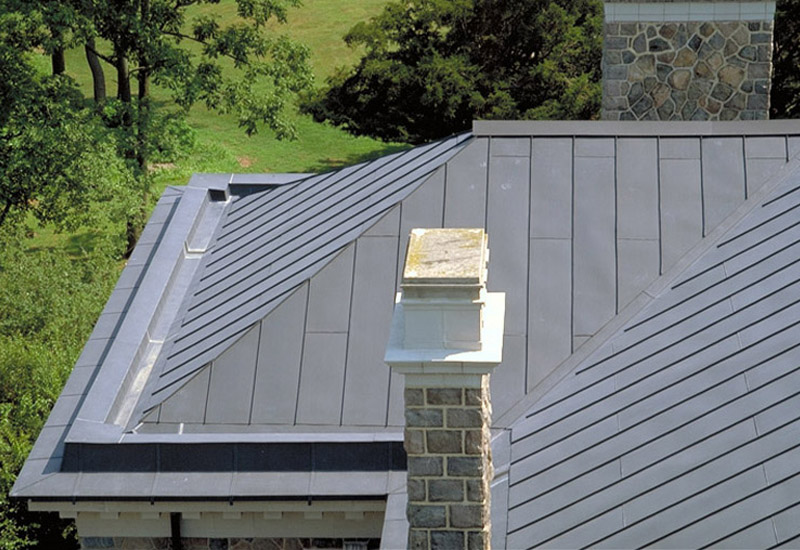
The Pros and Cons of Solar Panels on a Metal Roof
If you’re building a new house or considering a new roof for yours, these pros and cons of solar panels on a metal roof can help you decide. Even if you do not plan on installing solar panels immediately, making the right roofing choice will be beneficial when you do.
The Pros of Solar Panels on a Metal Roof
- Metal Roofs Are Durable
- Metal roofs are known for their strength and longevity. They offer a stable base for solar panels, making them an excellent choice.
- Metal roofs can withstand harsh weather conditions like strong winds, heavy rain, and snow. They won’t damage in the sun and are also non-flammable.
- Metal Roofs Are Low Maintenance
- Solar panels on a metal roof require minimal upkeep. Once the panels are installed, you’ll only have to clean them occasionally to ensure they’re free of debris and dust. Metal roofs are resistant to fire, rot, and pests. You will not have to keep a close eye on them for damage.
The Cons of Solar Panels on a Metal Roof
- Some Roofs Are Not Compatible with Solar Panels
- Not all types of metal roofs are suitable for solar panel installation. Some roofs will not be able to support the weight of solar panels, while others may not provide proper ventilation or thermal movement.
- Metal Roofs Are Reflective
- Metal roofs typically reflect light. When sunlight is reflected back into the atmosphere instead of being absorbed by the solar panels, the efficiency of your solar system can decline and make it less effective at generating electricity.
The Best Way to Install Solar Panels on a Metal Roof
The specific metal roof you have and the type of panels used play a significant role in their installation. However, you can keep these general guidelines in mind:
Consult a Professional: Before installing your solar panels, consult a professional installer or roofing contractor to ensure your roof is suitable. You can also run your ideas by them and ask for advice.
Use The Proper Mounting Hardware: Solar panels are typically mounted to roofs using a series of brackets and flashing. The brackets keep the boards in place, while the flashing creates a waterproof cover. It’s essential to use the proper mounting hardware designed for metal roofs.
Keep the Area Clean: You should keep the area around your solar panels clean and debris-free. This will help maintain proper air ventilation after installation. Without sufficient airflow, your solar panels can overheat.
What Roof Material Is Not Suitable for Solar Panels?
Wood and slate roofs are not suitable for solar panel installation. If you have one of these roofs, you’ll likely have to replace them. Alternatively, you can install your solar panels elsewhere. Both wood and slate are susceptible to breakage. Wood also poses a fire risk. Material is just one of the factors determining whether solar panel installation is a good idea. Your roof should also be the right size and have the right angle.
Metal Roofs Offer a Great Return on Investment
Metal roofs can last 75+ years. If you already have one, replace damaged sheets before installing solar panels. You can also paint your roof according to your climate for efficient energy generation. Installing panels on a metal roof is a great choice! I hope this article answered all your questions and that you’re confident in making a decision.
